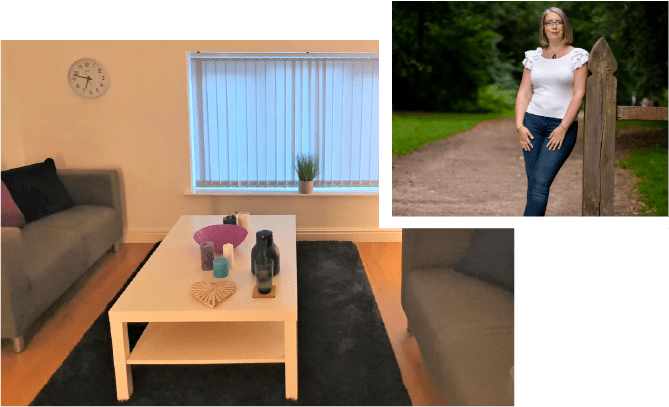Therapy for Stress Reduction
Treatment for Stress
Stress is an emotion or feeling a lot of us will experience in our lives. Most of the time it is a natural reaction to an event and is short-lived. But Stress can become debilitating, it can have a big impact on every aspect of our lives and health. When we are stressed, it’s common to experience lots of physical symptoms, for thinking to become more irrational, and can lead to us starting to withdraw or avoid things that feel too much.
At Hannah Paskin Therapy, I offer stress therapy which will help you understand the causes of your stress and the current triggers. I will work with you to learn effective therapy strategies that provide lasting results.

What causes stress?
Excessive Stress can have a range of underlying causes. Sometimes it stems from work, sometimes it has worry or perfectionism at its route, sometimes it’s because our boundaries are poor and we are doing too much, sometimes it’s an over-reaction to another event in your life.
I will work with you to gain an insight into what the problem for you is and create a personalised treatment plan that best tackles your symptoms of stress.

Want to find out more?
TAKE A CHANCE TO READ OUR BLOGS
Signs of Stress
Stress can affect us in many ways, physically, emotionally, in the way we think, and how we act. Each person’s experience of stress is unique, but there are some common patterns that I see.
The physical symptoms of stress include problems with sleep, concentration, appetite, fatigue, exhaustion, headaches, indigestion, skin breakouts, hair loss, increased blood pressure and much more.
It’s common with stress to be thinking more irrationally, to be worried more about how things might go wrong, and to be more self-critical. You can find yourself over-thinking everything creating a constant noise in your head.
When we are stressed, it’s also typical for us to withdraw from anything in our life that’s not essential. This could mean we engage less with socialising, hobbies, exercise, self-care and spend more time doing inactive things like time in bed or watching TV.
You might also find yourself overcompensating when stressed – apologising more, double checking things, seeking reassurance, avoiding unpredictable situations, trying to control things more etc.
Also we can be drawn towards destructive self-medicating – drinking more alcohol, comfort eating, excess shopping etc in an effort to soothe our stress.
As you can see, the impact stress has can be quite extensive.

CBT for Stress
In our therapy sessions I will look at all the signs of stress described above that are affecting you. Will we look at how to build your coping strategies and increase your resilience.
Time will be spent helping you to piece things together to make sense of what’s going on, as well as a proactive focus on overcoming stress using scientifically proven strategies.



